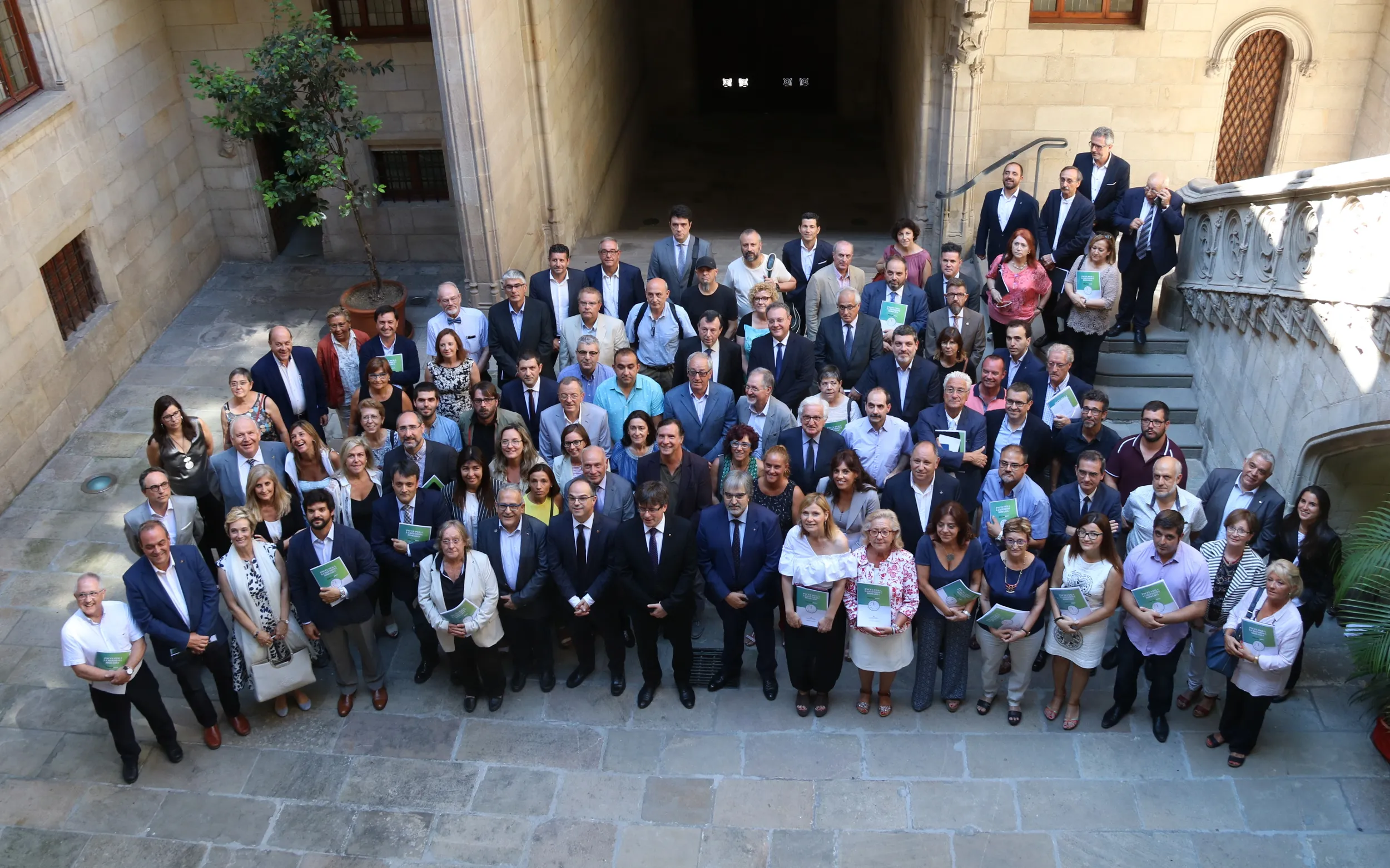Catalonia will be more in line with the European schedule thanks to the Timetable Reform Agreement
One of the goals of 2025 is to regain the two hours of time difference with the rest of the world.
The Timetable Reform Agreement is an initiative taken by citizens with the will to promote schedule changes so that society can manage its time more freely. Therefore, the timetable reform has been proposed as the goal for 2025 to regain the two hours of time difference with the rest of the world. Ireland, for example, is a country where almost everyone gets off from work at 6pm at most. This means that they have two more hours to enjoy their free time and spend it with their families, or fill it with their leisure activities, and balance their personal life with their professional life. On the other hand, in Brussels, many museums close at 5pm. What this reform pursues, as a matter of fact, is setting up a schedule more in line with Europe for Catalonia and its non-profit sector.
Regarding companies, the timetable reform will increase the stipulated job flexibility. According to a study by the International Labour Organisation and the Eurofund, in Spain only a 6.7% of the active population teleworks, a number that contrasts with the 17% average in the twenty-one countries of the European Union. Under the name “Working anytime, anywhere”, the report pointed out as well that the women also choose to work from home, usually to balance their personal life with their work life. The roles assigned to men and women in their family life have a bigger impact when it comes to telework.
Another factor influencing companies, such as non-profit organisations, is the reduction of lunch time breaks to an hour at most. A CHD Expert’s study, a global information network on food, shows that most Europeans have between 15 and 30 minutes to pause for lunch. This contrasts with the schedules in Catalonia, where the time differences emerge, since they have lunch from 2pm to 4pm, quite a significant amount of time for a meal, and consequently, they get off from work later.
This way, another aforementioned goal would be achieved: when working hours end. According to the timetable reform, the productivity per worked hour will also increase and the competitiveness between companies will improve. Furthermore, the absenteeism will be reduced according to the timetable reform, although in 2016 79% of workers in Spain assured that they had been at their workplace all through 2015, a 7% of the European average, which stands around 72%. In this regard, the space for improvement would be smaller broadly speaking.
Similarly to Europe, the reform would set breakfast from 7am to 9am, instead of from 8am to 11am. Working hours would begin between 7am and 9am and they would end between 4pm and 6pm. In Catalonia, they currently begin between 9am and 11am and they end between 6pm and 8pm at most. Television would schedule Prime Time between 8pm and 10pm, two hours earlier than what has been currently agreed on. In this sense, dinner time would be pushed forward from 9pm or 10pm to 8pm.









Add new comment